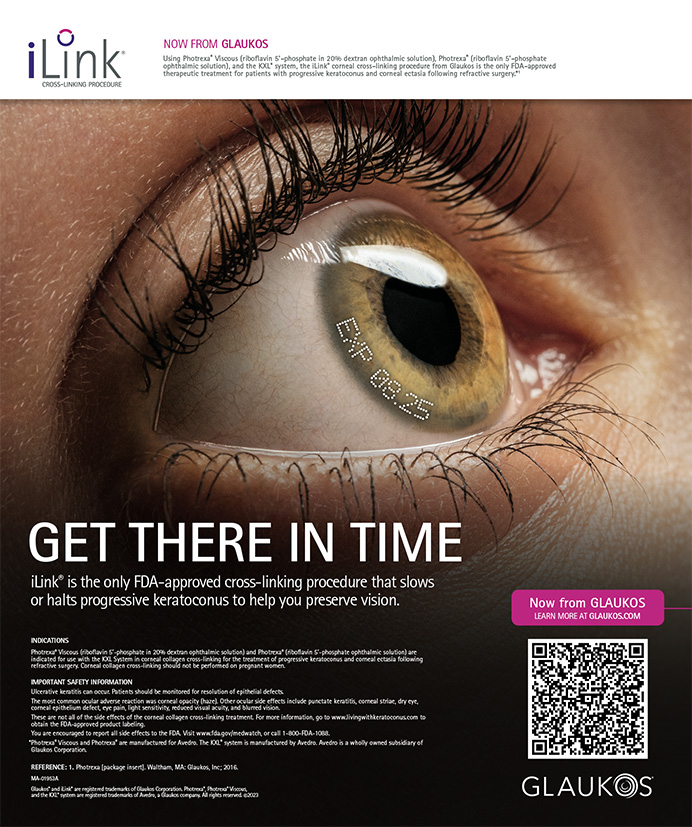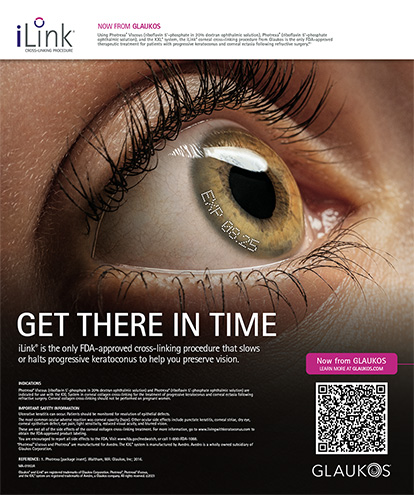While witnesses in many jurisdictions are granted absolute immunity for their testimony, that trend may be changing. The Supreme Court of Appeals of West Virginia, in a recent opinion issued in the matter of Davis v. Wallace, reversed the decision of the trial court, which awarded sanctions in the form of attorneys' fees and expenses against Marybeth Davis and her attorneys. Davis originally filed suit against several doctors who testified as experts in connection with her criminal trial on charges for murder. Davis “took the novel approach of suing the opposing party's witnesses for negligence and malpractice,” arguing that, “expert witnesses who commit negligence in pre-trial preparation of reports and on the witness stand should be liable for their mistakes.”1
In response to Davis' suit, the physician experts filed motions to dismiss the suit. The trial court granted the motions, dismissing Davis' case against the experts, finding that none of the claims brought against the physicians was viable under the existing state law. In addition, the trial court also awarded the expert physicians their attorneys' fees of $8,500 as sanctions against Davis and her attorneys, finding their claims were “frivolous in nature, and that the allegations and other factual contentions made in the complaint did not have any evidentiary support, nor were they likely to have evidentiary support after a reasonable opportunity for further investigation or discovery.”2 Davis appealed this sanctions order, and the Supreme Court of Appeals of West Virginia overturned the decision of the trial court.3
QUESTIONING ABSOLUTE IMMUNITY
The opinion of the Supreme Court of Appeals of West Virginia recognized that historically, witnesses in most jurisdictions have been afforded absolute immunity regarding their testimony, stating that immunity “encourages witnesses to speak freely without the specter of subsequent retaliatory litigation for their good faith testimony. This immunity was created at common law to shield the percipient [fact] witness who was called into court to testify as to what he saw, heard, or did that was relevant to an issue in the case. However, an emerging body of case law and scholarly works questions the granting of absolute immunity to expert witnesses for in-court testimony or out-of-court preparations for trial including compiling data and generating reports.”4 The appellate court also recognized that many courts have been “unwilling to allow a party to sue the opposing party's expert witness for malpractice or negligence, in part because there is no reliance between the expert witness and the opposing party and because of the fear of retaliatory lawsuits.”5 At the same time, the Appellate Court also cited previous decisions by both the Supreme Court of Pennsylvania, which expanded the liability of expert witnesses to include negligence in the preparation of testimony, as well as a Louisiana court, which held that witness immunity does not bar a claim against a retained expert witness for the negligent performance of his duty. In rendering its decision, however, the Supreme Court of Appeals of West Virginia made it clear that its ruling in this matter is limited in scope, stating, “West Virginia law is not settled in the area of expert witness immunity and at this time, we are not addressing the issue of witness immunity,” but only that, “the trial court abused its discretion in awarding sanctions against the appellants.”6
Adam B. Krafczek, Jr, Esq, is Cofounder and Vice President of Bryn Mawr Communications LLC, the publisher of Cataract & Refractive Surgery Today, located in Wayne, Pennsylvania. He is also a civil trial attorney with the Law Offices of Adam B. Krafczek, and “Of Counsel” with the Law Offices of Elliott Reihner Siedzikowski & Egan P.C. Attorney Krafczek may be reached at (484) 581-1815; adam@bmctoday.com.
1. Davis v. Wallace, 565 S.E.2d 386, 389 (W.Va. 2002) (citations omitted).
2. Id. at 388.
3. The full text of the original opinion of the Supreme Court of Appeals of West Virginia may be viewed online at http://www.state.wv.us/wvsca/docs/spring02/29966.htm.
4. Davis v. Wallace, 565 S.E.2d 386, 389 (W.Va. 2002) (citations omitted).
5. Id. at 391.
6. Id.


